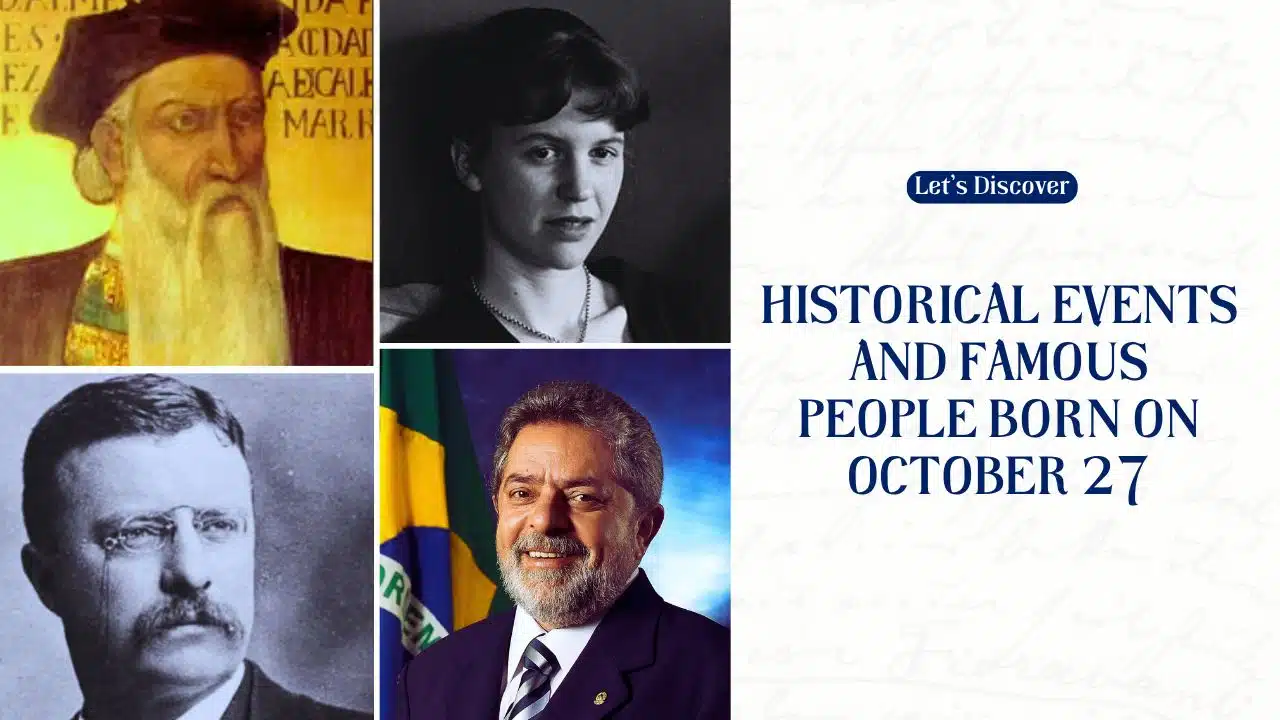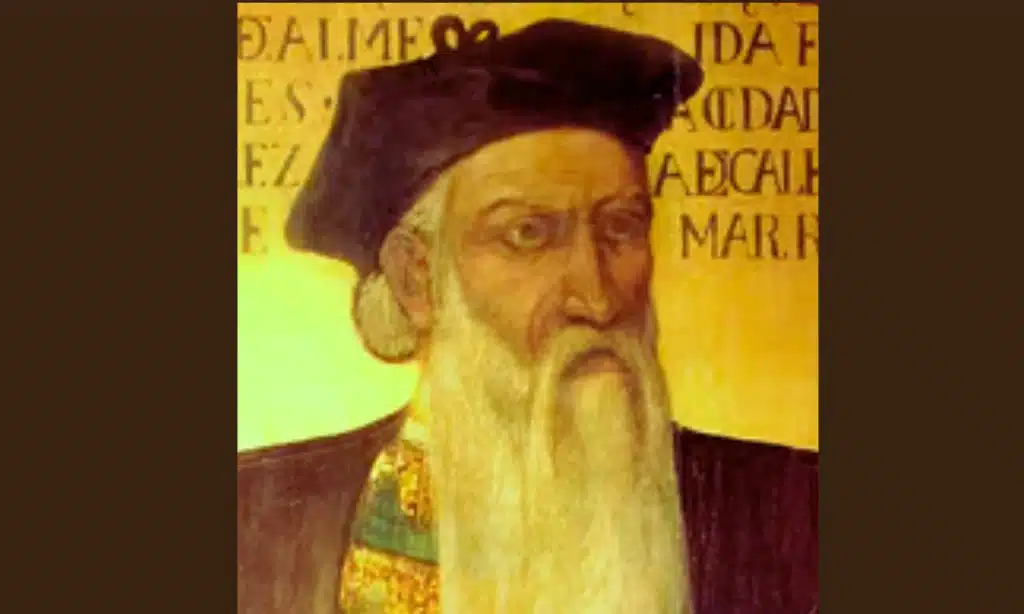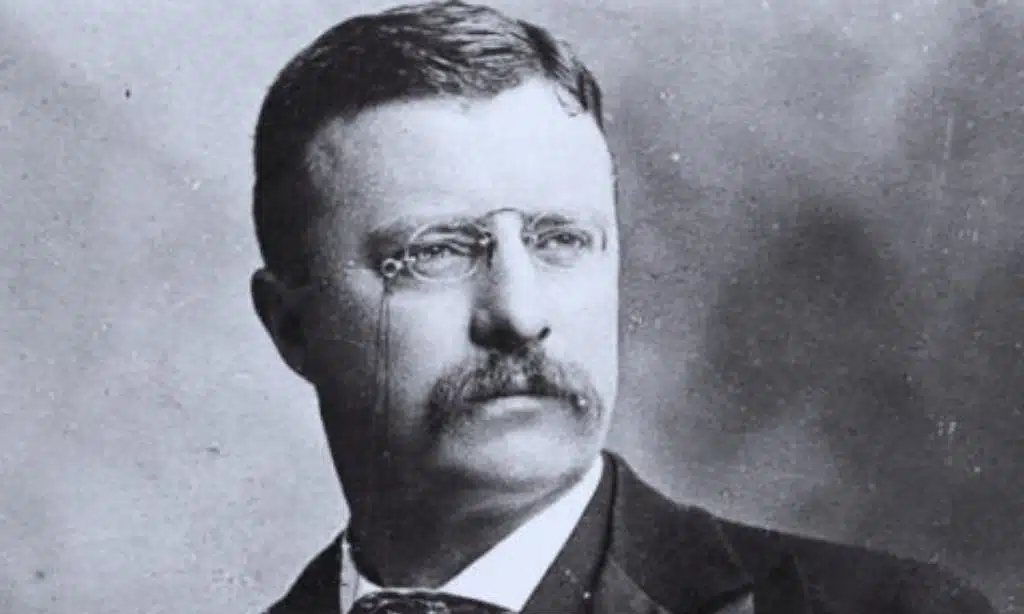October 27 is a day that has seen many important events in history. It’s also the birthday of some very interesting people. In this article, we’ll learn about big things that happened on this day and about people who were born on October 27. From conquests and crises to inventors and presidents, this day has many stories to tell.
Historical Events of October 27
1507: Portuguese Conquest of Hormuz
On October 27, 1507, a Portuguese leader named Afonso de Albuquerque captured a very important place called Hormuz. Hormuz was an island that controlled trade in the Persian Gulf.
Albuquerque used his ships to attack the fortress on Hormuz Island. This was part of Portugal’s plan to control trade between Europe and Asia. By taking Hormuz, Portugal could control who could sail and trade in that area.
This conquest helped make Portugal very rich and powerful. It showed how European countries were starting to build empires around the world.
1688: Dismissal of Robert Spencer
On October 27, 1688, King James II of England fired one of his main advisers, Robert Spencer. This happened during a very difficult time for King James.
James II was not popular with many people in England. He was Catholic, but most English people were Protestant. Firing Spencer showed that James was losing support from important people.
This event was part of bigger changes happening in England. Soon after this, James II would lose his throne in what was called the Glorious Revolution.
1901: Debussy’s Nocturnes Premiere
On October 27, 1901, a new piece of music was played for the first time in Paris. It was called “Nocturnes” and was written by Claude Debussy.
“Nocturnes” was different from other music at that time. It used sounds to make people think of clouds, festivals, and the sea. The Lamoureux Orchestra played it, led by Camille Chevillard.
This music helped change how people thought about classical music. It showed that music could paint pictures in people’s minds and didn’t have to follow old rules.
1922: Italian Political Crisis
On October 27, 1922, something important happened in Italy. Prime Minister Luigi Facta quit his job because the king wouldn’t help him stop Benito Mussolini from taking power.
Mussolini had threatened to march into Rome with his followers if he wasn’t made the leader. When King Victor Emmanuel refused to stop this, Facta gave up.
This led to Mussolini becoming the leader of Italy. It was the start of a time when Italy was ruled by fascists, which would last until the end of World War II.
1962: Black Saturday
On October 27, 1962, a very dangerous day happened during the Cuban Missile Crisis. An American spy plane was shot down over Cuba, and American ships dropped warning bombs near Soviet submarines.
This day was called “Black Saturday” because many people thought it might lead to nuclear war. The world was very close to a big war between America and the Soviet Union.
Thankfully, leaders on both sides worked to avoid war. This day showed how dangerous the Cold War was and how close the world came to nuclear war.
Famous Birthdays on October 27
Isaac Singer (1811-1875)
Isaac Singer was born on October 27, 1811. He invented a sewing machine that was easy for people to use at home.
Before Singer’s invention, sewing machines were too complicated and expensive for most people. He made them simpler and created a way for people to buy them by making small payments over time.
Singer’s invention helped change how clothes were made. His company became very successful and is still making sewing machines today.
Here’s a brief biography of Isaac Singer:
| Fact | Information |
|---|---|
| Born | October 27, 1811 |
| Birthplace | Pittstown, New York, USA |
| Died | July 23, 1875 |
| Known for | Inventing practical sewing machine |
| Company | Singer Manufacturing Company |
| Legacy | Made sewing machines common in homes |
Theodore Roosevelt (1858-1919)
Theodore Roosevelt was born on October 27, 1858. He became the 26th President of the United States and was one of America’s most energetic presidents.
Roosevelt became president when William McKinley was killed in 1901. He worked to protect nature by creating national parks. He also made sure big businesses followed fair rules. He won the Nobel Peace Prize for helping end a war between Russia and Japan.
People remember Roosevelt for saying “speak softly and carry a big stick,” which meant be peaceful but stay strong. He was also famous for being an outdoor adventurer and writer.
Here’s a brief biography of Theodore Roosevelt:
| Fact | Information |
|---|---|
| Born | October 27, 1858 |
| Birthplace | New York City, USA |
| Died | January 6, 1919 |
| Known for | 26th U.S. President |
| Major achievements | Nobel Peace Prize, National Parks |
| Nickname | TR, Teddy |
Dylan Thomas (1914-1953)
Dylan Thomas was born on October 27, 1914. He was a Welsh poet who wrote beautiful and powerful poems.
Thomas started writing poems when he was very young. His most famous poems include “Do not go gentle into that good night” and “Fern Hill.” He also wrote a story called “A Child’s Christmas in Wales” that many people still read at Christmas.
Thomas was known for reading his poems out loud in a very dramatic way. Even though he died young, his poems are still read and loved today.
Here’s a brief biography of Dylan Thomas:
| Fact | Information |
|---|---|
| Born | October 27, 1914 |
| Birthplace | Swansea, Wales |
| Died | November 9, 1953 |
| Known for | Poet and writer |
| Famous works | “Do not go gentle into that good night” |
| Style | Lyrical and emotional poetry |
Sylvia Plath (1932-1963)
Sylvia Plath was born on October 27, 1932. She was an American writer who wrote both poems and novels.
Plath wrote about difficult feelings and experiences in a very honest way. Her most famous book is called “The Bell Jar.” She also wrote many poems that were published after she died. She won a Pulitzer Prize for her poetry in 1982.
Even though Plath died very young, her writing has influenced many other writers. She helped show that poetry could talk about personal and difficult subjects.
Here’s a brief biography of Sylvia Plath:
| Fact | Information |
|---|---|
| Born | October 27, 1932 |
| Birthplace | Boston, Massachusetts, USA |
| Died | February 11, 1963 |
| Known for | Poet and novelist |
| Famous works | “The Bell Jar,” “Ariel” |
| Awards | Pulitzer Prize (1982) |
Luiz Inácio Lula da Silva (born 1945)
Lula da Silva was born on October 27, 1945. He grew up poor but became the President of Brazil twice.
Before becoming a politician, Lula was a union leader who helped workers fight for better conditions. He became President of Brazil in 2003 and served until 2011. He became president again in 2023.
During his time as president, Lula helped many poor people in Brazil get better lives. He made programs to help people get food and education.
Here’s a brief biography of Lula da Silva:
| Fact | Information |
|---|---|
| Born | October 27, 1945 |
| Birthplace | Caetés, Brazil |
| Known for | President of Brazil |
| Terms as President | 2003-2011, 2023-present |
| Background | Union leader |
| Achievement | Reduced poverty in Brazil |
Takeaway
October 27 has been a day of big events and important births throughout history. We’ve seen how it was a day when empires grew, crises happened, and beautiful music was played. We’ve also learned about some very different people who were born on this day – from inventors and presidents to poets and leaders.
Each of these events and people has left a mark on our world. From Singer’s sewing machines that changed how clothes were made to Roosevelt’s national parks that protect nature, from Thomas and Plath’s poems that touch our hearts to Lula’s work to help poor people, October 27 has given us a lot to remember and think about.
Learning about history helps us understand our world better. It shows us how things have changed over time and how the actions of people in the past still affect us today. So next time October 27 comes around, remember all these interesting events and people!
References:
- Subrahmanyam, S. (1993). The Portuguese Empire in Asia, 1500-1700. Longman.
- Miller, J. (2000). James II: A Study in Kingship. Yale University Press.
- Lesure, F. (1999). Claude Debussy: A Biography. Boydell Press.
- Smith, D. M. (1981). Mussolini’s Roman Empire. Viking Press.
- Stern, S. M. (2003). The Week the World Stood Still: Inside the Secret Cuban Missile Crisis. Stanford University Press.
- Brandon, R. (1996). Singer and the Sewing Machine. Kodansha International.
- Morris, E. (2001). Theodore Rex. Random House.
- Ferris, P. (1989). Dylan Thomas: The Biography. Counterpoint.
- Alexander, P. (1991). Rough Magic: A Biography of Sylvia Plath. Da Capo Press.
- Bourne, R. (2008). Lula of Brazil: The Story So Far. University of California Press.




































